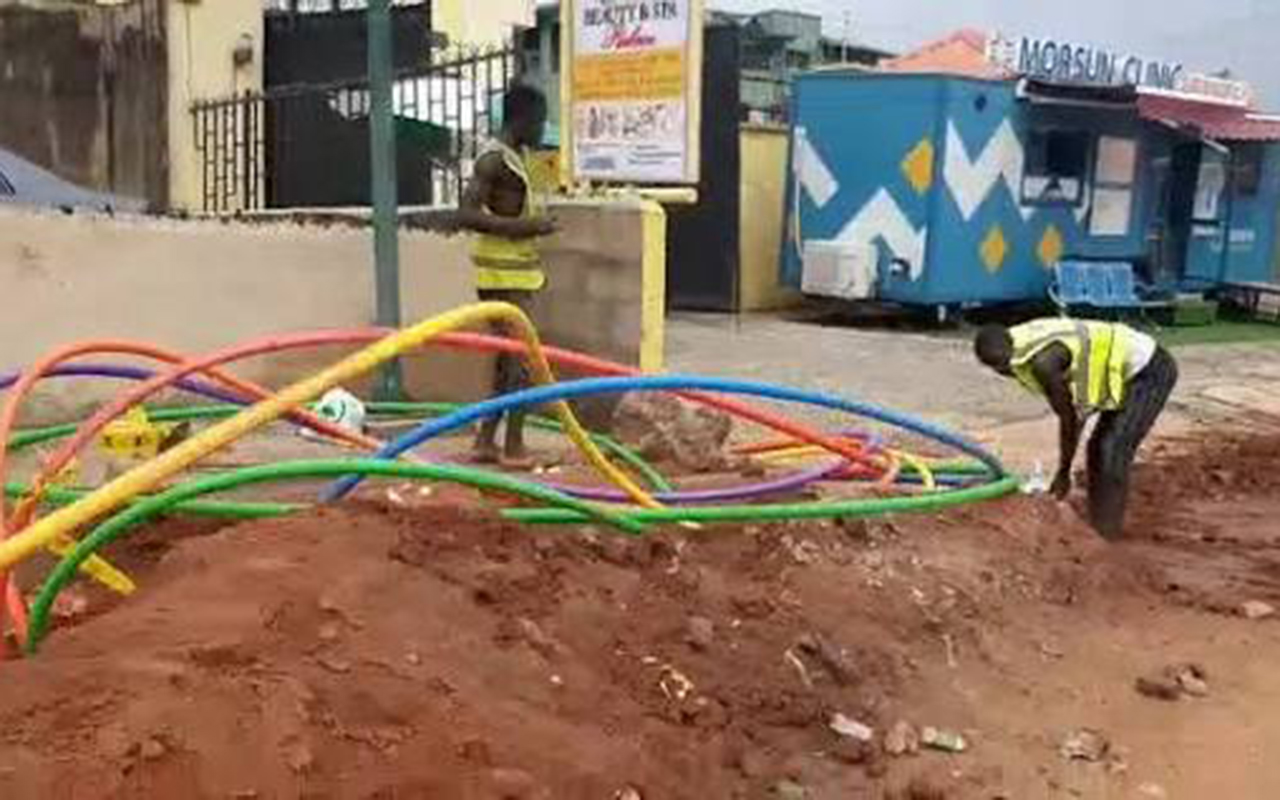• 852 GBV cases reported within nine months in Nasarawa
• ‘36 per cent of married women in Nigeria are survivors of domestic violence’
FAME Foundation has raised the alarm over what it described as a “national emergency” of digital violence in Nigeria, revealing that an estimated 68.9 million Nigerians are currently victims of various forms of online abuse.
Its Executive Director, Arabinrin Aderonke Atoyebi, disclosed in Abuja yesterday during the launch of the 2025 16 Days of Activism campaign themed “UNiTE to End Digital Violence Against All Women and Girls.”
Atoyebi said the staggering figure — contained in Gatefield’s State of Online Harms 2025 report —shows that online abuse had reached epidemic levels, affecting roughly one in three Nigerians, and disproportionately targeting women and girls.
She added that the same report shows 97 per cent of Nigerian children have experienced some form of sexual exploitation online, while 89 per cent have received unwanted sexual content or requests —figures she described as “deeply troubling and unacceptable.”
Atoyebi warned that the situation is worsened by the rising trend of private images and videos being shared online without consent, a violation that often leaves women and girls traumatised, shamed, and driven off digital platforms.
Launching the campaign —which runs from November 25 to December 10 — she stressed that digital violence cannot be dismissed as mere “online behaviour,” as victims suffer real-life consequences ranging from trauma to reputational damage and economic loss.
This comes as the Nasarawa government has expressed worry, as 852 cases of Gender-Based Violence (GBV) have been reported in the state from January to September this year.
Commissioner for Women Affairs and Humanitarian Services, Hauwa Jugbo, disclosed this at a press conference as part of an event commemorating the 2025 16 Days of Activism against GBV in the state.
She said despite efforts of the Governor Abdullahi Sule-led administration in domesticating the Violence against Persons Prohibition (VAPP) Law and prosecution of perpetrators, the cases were still on the rise.
The commissioner disclosed that the government would continue to ensure stringent measures against perpetrators in line with the law, irrespective of their relationship with the victims, to serve as a deterrent to others.
Jugbo also lamented the increasing cases of technology-facilitated GBV and urged women and other vulnerable groups to be wary of whom they engage with on digital platforms.
She listed some of the technology-facilitated GBV to include cyberstalking, online harassment, non-consensual sharing of intimate images, online bullying, blackmail, digital impersonation and identity theft.
The Katsina State government, on its part, has warned GBV perpetrators that stringent measures await them if caught.
Governor Dikko Radda issued the statement yesterday during a stakeholders’ sensitisation workshop on GTV, Sexual Assault Referral Centre (SARC) and Girl Child Education.
Represented by the Commissioner for Information, Dr Bala Zango, the governor restated that the state government would no longer sit back and allow vulnerable persons to be victimised by some unscrupulous elements.
He said relevant statutes have been passed by the State House of Assembly and endorsed by the government, to ensure that GBV perpetrators face the full wrath of the law.
On his part, a representative of the National Agency for the Prohibition of Trafficking in Persons (NAPTIP), Musa Hadeja, identified rape as the most common case of GBV they receive in their office daily.
He identified a setback in the reluctance of people to report GBV cases and related crimes.
Relatedly, stakeholders and gender rights advocates have intensified calls for the National Assembly to pass legislation guaranteeing reserved seats for women, warning that rising levels of violence against women are a direct consequence of their exclusion from political leadership.
They noted that 36 per cent of married women in Nigeria are survivors of intimate partner violence, while 96 per cent of women aged 15 to 49 have experienced some form of physical or sexual violence.
The stakeholders spoke at the Women of Words (WOW) 2025 – All Creatives Hub, organised by Gender Strategy Advancement International (GSAI) in Abuja, under the theme, “Unreserved for Reserved Seats: The Role of Women in Policymaking Towards Ending GBV.”
The event coincides with preparations by federal lawmakers to deliberate on the Reserved Seats for Women Bill (HB1349) — a milestone proposal aimed at increasing women’s political representation and strengthening institutional responses to GBV.
Executive Director of GSAI, Adaora Sydney-Jack, said the alarming rate of intimate partner abuse in the country underscores the urgency of political reforms that give women equal access to decision-making.
She said 36 per cent of married women are survivors of intimate partner violence, adding that for every woman who speaks, thousands of others swallow their pain in silence.
Sydney-Jack observed that GBV is not random, accidental, but systemic.
Sydney-Jack, who recounted her personal experience contesting for office, said Nigeria cannot continue writing a national narrative that excludes half of its population from the rooms where policies are shaped.
Chairman of Peering Advocacy and Advancement Centre in Africa (PAACA) and board chairman of GSAI, Ezenwa Nwagwu, said cultural and structural barriers have made Nigerian politics largely exclusionary, shutting women out of mainstream participation.
He stressed that the campaign for gender inclusion must evolve into a sustained, nationwide movement capable of reshaping political culture.
According to him, GSAI’s deployment of storytelling, creative expression and youth engagement offers a critical pathway to pushing the conversation beyond advocacy into systemic change.






